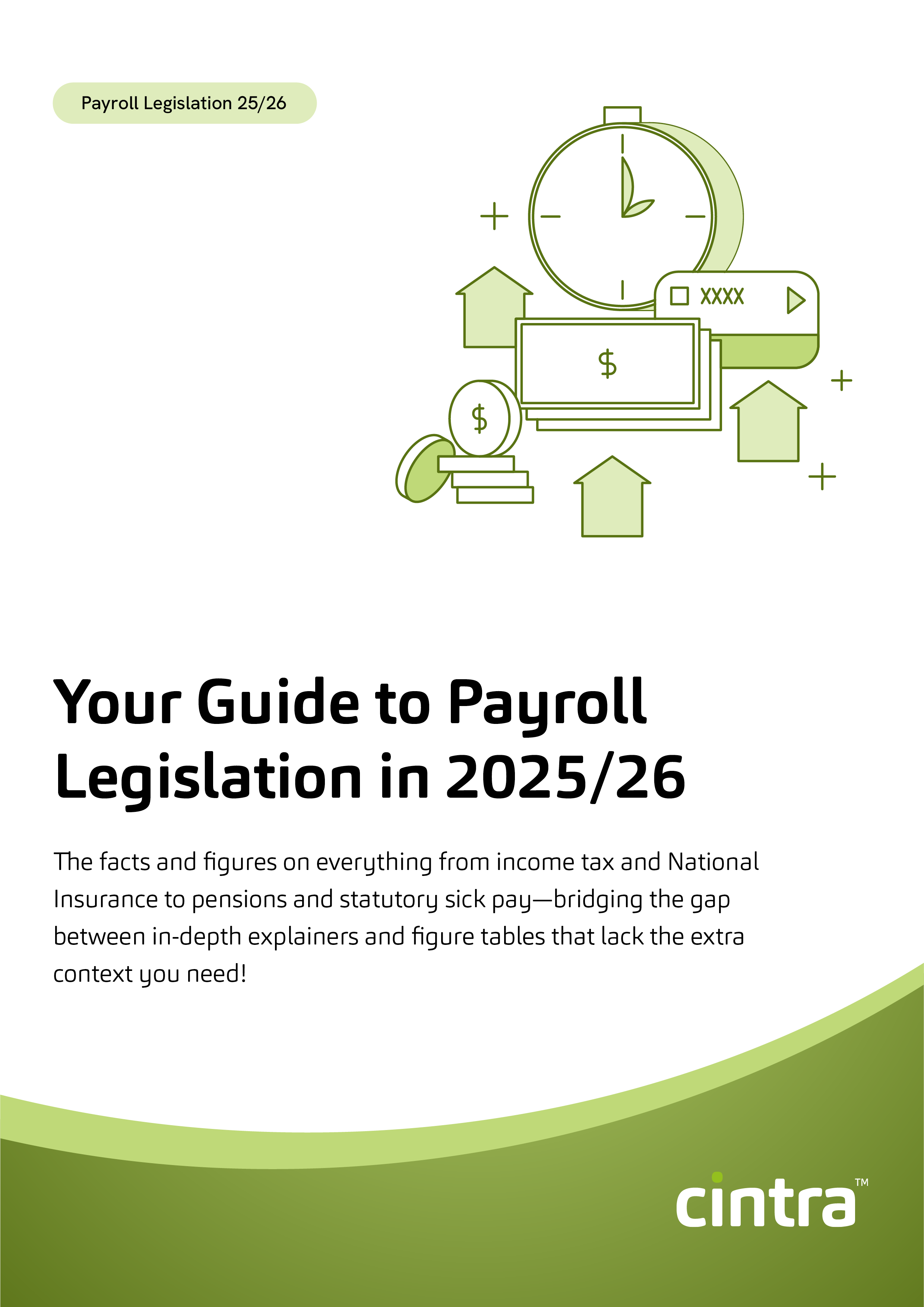Last week was the International Week of Happiness at Work. So what’s the secret to a happy workforce? And what role does money play?
If you’ve been in HR as long as we have, you may remember training courses from a couple of decades back about staff motivation and productivity. Pay rises and bonuses, these courses made clear, were not the answer to motivation because they provided only a short-term boost and had the potential to be divisive.
I suspect we all felt the truth was slightly more complex than that, not least because on the rare occasion we received a larger than expected pay rise, everybody felt immensely motivated and productive. And happy.
The International Week of Happiness at Work organisation’s mission is to make happiness at work the norm, not the exception.
Happiness at work matters, and you’ll no doubt be familiar with the numerous reasons why. Happy workers are more productive, more co-operative and more creative. Happy workers call in sick less often than unhappy workers. They raise fewer grievances. They make fewer errors. Happy workers are, in a variety of ways, good for business.
Happiness is more than pay and perks
What’s interesting about the organisations’ manifesto is that it doesn’t mention pay, bonuses or perks once. This is a little odd, because we now know that all of those things can have a bearing on worker productivity, motivation and happiness – it’s just that the connection between the two isn’t automatic.
This was the finding of a detailed 2020 study by TalentLyft. The correlation between salary and happiness was strongest in retail, education, hospitality, administrative and support roles and in manufacturing and engineering. The link was weakest in mining and quarrying (presumably because, no matter how much you pay, that’s still a tough job with tough conditions), but also in banking and finance, real estate and chemicals.
Happiness, the study found, was a complex calculation based on occupation and income when set against stress, because high earners in impossibly stressful jobs are likely to be less happy than lower earners with less stress.
All of which makes life difficult for employers because happiness might be improved by increasing salaries and incentives. Then again, depending on your sector and the individuals involved, it might not.
Meaningful work
So if money is an uncertain element in the happiness equation, what steps are far more likely to deliver results? Here, the manifesto for the International Week of Happiness at Work is clear:
“Happiness at work is about meaningful work, healthy relationships, development, and having fun. And about stopping unnecessary rules, powerplay, complicated processes and procedures, absenteeism, unmotivated colleagues, and terrible managers.”
Happiness is a workplace that stimulates “fun, appreciation, positive feedback, awesome challenges, trust, meaningful results” and encourages individuals to own responsibilities. These are the traits that lead to happiness. Money might be another contributory factor in worker happiness, but it’s not certain.
Next steps to a happier workforce
If you’re all in for a happier workforce, you can sign the manifesto here. If you’d simply prefer some tips to implement in your organisation now, you’ll find numerous ideas, from writing a team happiness manifesto, to organising drinks with colleagues to starting a positive feedback initiative here.
And if you’d like a way of reducing the admin and making your people’s lives easier (an important factor is staff happiness), talk to us about that now.


